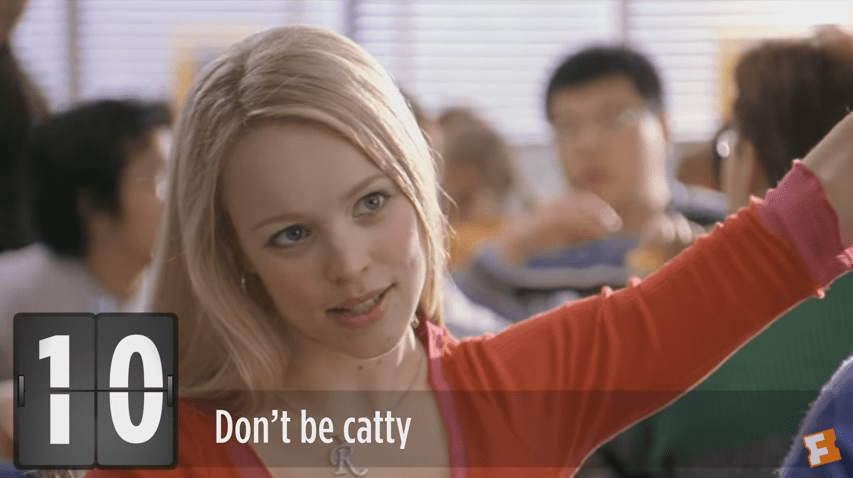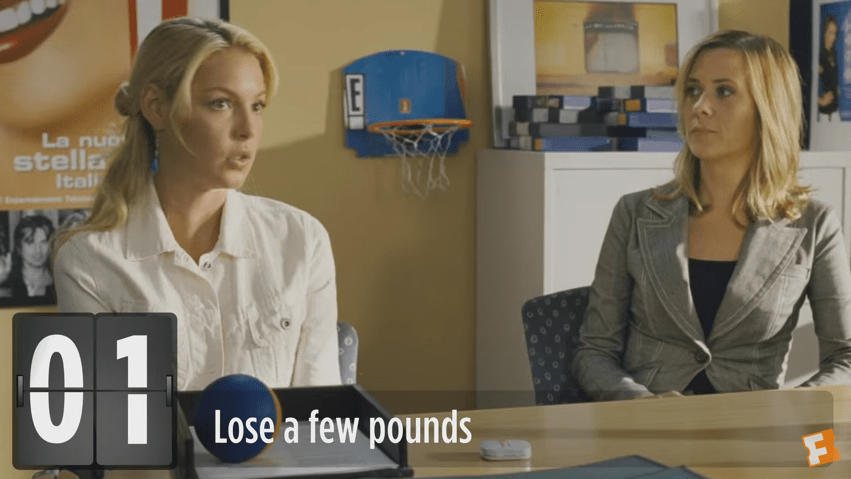What does it mean to love yourself?
In our fast paced world, it can be easy to neglect the thing that matters most–ourselves. Between family, work, school, bills, appointments, and a million other things, our focus is divided among a lot of stressors. To call attention back to what’s important, I recently wrote an article called The One Nutrient That Is Missing in Nearly Every Diet. That magical nutrient I described in the article was self-love.
As soon as the article was posted, I found my words being disputed by a frenzy of naysayers. A lot of people claimed that good health does not include self-love and others said that there is already too much self-love in our society. Worst of all though, many people believe this supposed abundance of self-love has led society to become narcissistic.
In pursuit of the truth, I decided to explore these concepts more deeply and get the lowdown on the differences between narcissism and self-love, and whether or not self-love is a crucial part of health.
To get some clarification about the psychological development of narcissism, I sought out the professional insight of Dr. Tomas Chamorro-Premuzic. Dr. Chamorro-Premuzic is CEO of Hogan Assessment Systems and a Professor of Business Psychology at both University College, London and Columbia University. He defines a narcissist as “someone who is self-obsessed, holds unrealistically high self-views, and craves others’ attention and admiration.” The doctor went on to explain to me how narcissism deprives people of their emotional health. “They typically have a high need for approval and are entitled and self-centered. And while they may seem superficially charming, they are actually very cold and lack empathy.”
In a culture that places so much meaning and value on physical appearance and wealth, it’s easy to mistaken self-love for narcissism. But by definition, narcissism is an excess and that excess leads to an unhealthy self-absorption. It leads people on a never-ending quest for fulfillment which can’t be found through vanity or greed. Rather, fulfillment should come from a place of peace and gratitude. The same place in which self-love comes from.
Loving yourself means appreciating yourself for who you are as a person. It’s the ability to see yourself from an internal place rather than basing your worth on exterior value. Self-love is about knowing the deep depths of yourself, being grateful for exactly who you are and who you aren’t. Self-love is also being able to take criticism constructively and use it to better yourself rather than blame your shortcomings on others. When you love yourself, it is easy to take responsibility for yourself.
Licensed therapist and coach Melody Wilding says that “having a sense of self-esteem is important and critical. It means you honor your own emotional and physical needs and that you take care of yourself, and through doing that develop a capacity to practice an ability to love others. Narcissists, on the other hand, never develop that capability. They may have not had their emotions validated as a child or were emotionally abandoned in some way, so they don’t develop the capacity to sense the emotions of others.”
Narcissism steals a person’s ability to love themselves. Although you might assume that entitled and selfish people love themselves too much, a narcissistic person is an unfulfilled person. A person who feels like they need to take everything for themselves doesn’t have what they actually need. But a person who is full of self-love is satisfied and content. Not greedy. They can give love because they have love.
To get a deeper understanding of how narcissism can affect a person’s daily life, I went to Robert Weiss, senior Vice President of clinical development at Elements Behavioral Health. Mr. Weiss illustrated to me that “a typical narcissist can, and will, spend hours upon hours perfecting and toiling over a work project to get it just right. The narcissist’s ultimate goal is to impress and win admiration from others, meaning that all their hard work isn’t really related to doing a good job and feeling good about it, but more connected to their fantasy of all the kudos they will get when the work ultimately gets turned in. People who practice self-love simply recognize their need to take a break, relax, refuel, maybe exercise or rest and most importantly, to foster the deeper connections in their life. Thus, healthy people automatically self-nurture while also keeping a close eye toward maintaining and fostering important relationships and connections. Narcissists, on the other hand, lack a healthy sense of self-love and will work themselves to the bone for external validation, while actively dismissing anyone and anything that gets in the way of their achieving the desired reward.”
Self-love allows people to more deeply connect with others and the world around them. It fosters emotional, psychological, and physical health. If we cannot appreciate the depths of ourselves through self-love, we certainly cannot appreciate the depth of beauty of in the people or world around us. Self-love, unlike narcissism, is not about vanity. Instead, it’s about vitality. Loving yourself is getting to the internal core of your human existence and finding that sweet spot where you can be yourself and be happy with who you are. Self-love is a constant journey towards fulfillment while narcissism hollows you out.
Just like on an airplane when the attendants say you must put your own oxygen mask on before you help others, it’s kind of the same thing with self-love. The more you embrace self-love and carry the empathy that comes along with it, the more aware you become of both yourself and others. The more comfortable you become within yourself, the less it is about you and more about the good of everyone around you. When we love ourselves, we naturally build an environment of love. When we love ourselves, we build harmony.
Curated by Erbe
Original Article


